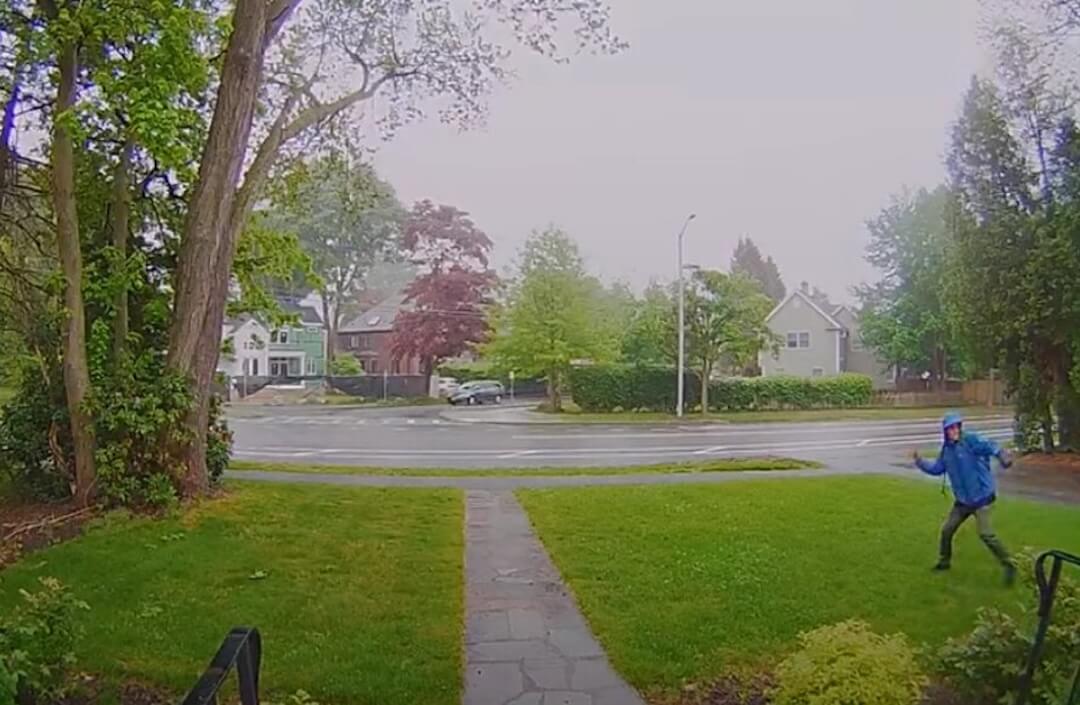Regardless of how you feel about WikiLeaks founder Julian Assange and whether or not he really is a journalist or has played by the rules of journalism, there is absolutely now a debate about what his arrest Thursday means.
Is it an attack on a free and open press? Or did he drop the right to call himself a journalist when he helped hack into government computers?
Is he a journalist? An activist? A criminal? A whistleblower? All of the above? None of the above?
Most importantly, was it a bad day for journalism?
After years of seclusion inside the Ecuadorian embassy in London, Assange was arrested Thursday and charged by the United States Department of Justice for allegedly conspiring to steal military secrets with Chelsea Manning, a former Army intelligence analyst who gave Assange’s WikiLeaks thousands of classified documents.
[the_ad_placement id=”_rail_pos_1″]
Here’s the interesting and, perhaps, optimistic part for freedom of the press advocates: The U.S. did not charge Assange for publishing classified material under the Espionage Act, but instead under the Computer Fraud and Abuse Act.
What the U.S. seems to be saying is the problem wasn’t that he published the material, but that he helped steal it. That’s significant.
First Amendment lawyer Floyd Abrams told CNN’s Brian Stelter, “It seems to me that the government has used significant restraint in making only this single rather unique charge against Assange and the ultimate impact on the press may thus be limited.”
But, Barry Pollack, a lawyer for Assange, said that Assange did nothing more than encourage a “source to provide him information and taking efforts to protect the identity of that source. Journalists around the world should be deeply troubled by these unprecedented criminal charges.”
The Committee to Protect Journalists released a statement saying it “is aware of the arrest of Julian Assange and is examining the U.S. charges for press freedom implications.”
Reporters Without Borders was stronger in its response: “The persecution of those who provide or publish information of public interest comes at the expense of the investigative journalism that allows a democracy to thrive.”
Is the U.S. government going after Assange for publishing classified documents? If we’re being honest, yes, probably. And, yes, that can be troubling. Writing in The Washington Post, media columnist Margaret Sullivan said she was inclined to agree with American Civil Liberties Union director Ben Wizner, who told her that prosecuting Assange “would be unprecedented and unconstitutional and would open the door to criminal investigations of other news organizations.”
But will it? But by going out of its way to charge him only under the Computer Fraud and Abuse Act, the U.S. government seems to indicate it did not want to set a dangerous precedent. And we can hope that turns out to be good news.
Journalist or not?
The debate rages on about whether or not Assange is a journalist, but it should be noted that several years ago when he was asked, Assange did claim to be a journalist.
But not just a journalist.
[the_ad_placement id=”_rail_pos_2″]
In the 2011 film about The New York Times, “Page One,” then-Times media reporter Brian Stelter asked Assange if he considered himself a journalist.
“It is a word that I would attach to myself,” Assange told him. “It is certainly fair to say that I’m also an activist. But if I had to choose between the two, I would choose the values of activism, which broadly is usually a struggle toward justice rather than values of journalism, which are a bit more muddled.”
Community-funded journalism
There’s an interesting story right now from our Kristen Hare on Poynter.org. She writes about The Seattle Times’ launch of an investigative journalism fund. The Times believes the community wants investigative journalism and is willing to help pay for it. With fiscal sponsorship from The Seattle Foundation, the Times is asking readers for financial help.
Hare writes that the Times talked to people of all income levels and heard two things: People want tax deductions and they get why investigative reporting matters.
Seattle Times managing editor Michele Matassa Flores told Hare, “The awareness now about the importance of journalism and helping it survive and thrive is so much higher than it was a few years ago. We wanted a way for everyone to get involved, not just people who have a lot of money.”
Reading the paper

Do you still love reading the actual newspaper? If so, you’re not alone. Writing for The Atlantic, Andrew Ferguson has a charming piece about his relationship with print news and why he has gone back to making it a part of his media diet.
Ferguson talks of the entire ritual of putting on slippers and going outside in the cold to fetch the paper to getting his morning coffee ready and then opening the paper as if it is a “parting cloud.”
Ferguson admits younger readers don’t consume news the same way, but he loves his paper. He writes:
“It is a special world, an invented world, and here is the key to its charm: It is pleasingly static, momentarily a settled matter. My news on paper isn’t subject to updating until tomorrow morning. Juan Guaidó, I read, has delayed his return to Venezuela, assuming Nicolás Maduro will allow him to cross the border, and there he will stay until the Journal tells me differently. In a newspaper, the world presents itself in discrete stages — or on stage sets, I should probably say — and each set will be dismantled or rearranged by the time tomorrow’s performance begins.”
Richard Engel’s MSNBC special

NBC News chief foreign correspondent Richard Engel has a three-part series starting Sunday on MSNBC that will lead with a one-on-one interview with Steve Bannon, the former advisor to President Donald Trump.
Engel will speak to Bannon from Vatican City about what NBC says is a “plot to basically impeach Pope Francis by putting together a coalition of right-wing populists and conservative Catholics and declaring war on the Pope.”
“On Assignment with Richard Engel” airs at 9 p.m. Eastern. Sunday’s episode also looks into Russian hacking of social media to dupe American citizens, as well as a profile of Dr. Denis Mukwege, who has dedicated his life to treating rape victims in the Democratic Republic of Congo.
Sara Gilbert leaves ‘The Talk’

Sara Gilbert, who not only co-hosts CBS’s “The Talk,” but created the show in 2010, is stepping away from the program.
As the audience gasped, Gilbert announced on air this week that she is leaving because she was having difficulty balancing work while raising three children, ages 14, 11 and 4. Gilbert also stars and produces on the “Roseanne” spinoff show, “The Conners,” and said she is getting other offers to produce and act.
“Last season, I did ‘The Conners’ and was also producing and (hosting) here,” Gilbert said. “I loved it and felt totally empowered, but also, if I’m being honest about it, my life was slightly out of balance. I wasn’t able to spend as much time with my three kids as I’d like, or take time for myself.”
Check it out
The Hollywood Reporter has a list of the “35 Most Powerful People in New York Media.”
More on Julian Assange: Former WikiLeaks employee James Ball, writing for The Atlantic, says you don’t have to like Assange to defend him.
The Sacramento Bee and Associated Press lead a group of media outlets that produced a two-part series called “Destined To Burn,” which examines the deadliest wildfire in California history.
VICE News’ Carter Sherman writes about allegations of sexual harassment at Flaunt Magazine.
Have feedback or a tip? Email Poynter senior media writer Tom Jones at tjones@poynter.org.
Upcoming Poynter training:
- Conducting Interviews That Matter (webinar). April 25 at 4 p.m. ET
- Broadcast Writing 101: Write Like You Talk (webinar). April 18 at 2 p.m. ET
Want to get this briefing in your inbox? Sign up here.







